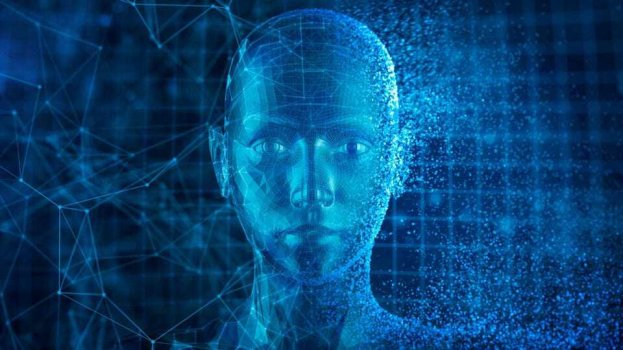The adage “With great power comes great responsibility” was first credited to the French writer Voltaire and popularized by Spiderman’s Uncle Ben. The principle is particularly pertinent to the transformational application of artificial intelligence (AI). It applies to many facets of our everyday lives in ways we don’t always think about. Lenders use it to determine a borrower’s credit risk, pharmaceutical companies utilize it to accelerate the development of drugs and social media companies rely on it as a monitoring agent.
What makes AI so powerful is that it can emulate human thought and behavior to achieve objectives faster and more efficiently than any human could. Of course, with this kind of power, we have to consider responsibility.
The Necessity For Responsible AI
Despite the intelligent empowerment that AI brings, it's still derived from human consciousness, and we still haven’t been able to eradicate the cognitive biases that plague our perceptions, judgments and decision-making. Organizations such as the Responsible AI Institute are working to provide guidance concerning data rights, privacy, security, explainability and fairness. The objective is to create a framework that ensures AI is both trustworthy and accountable.
The truth is we have a long way to go in our pursuit of responsible AI. Just 12% of consumers think that "AI can tell the difference between good and evil." This is a real problem because technology must be trusted first for it to be embraced.
Continue reading: https://www.forbes.com/sites/forbestechcouncil/2022/11/01/ethics-in-operation-the-business-case-for-responsible-ai/?sh=599c7dba3e7b
What makes AI so powerful is that it can emulate human thought and behavior to achieve objectives faster and more efficiently than any human could. Of course, with this kind of power, we have to consider responsibility.
The Necessity For Responsible AI
Despite the intelligent empowerment that AI brings, it's still derived from human consciousness, and we still haven’t been able to eradicate the cognitive biases that plague our perceptions, judgments and decision-making. Organizations such as the Responsible AI Institute are working to provide guidance concerning data rights, privacy, security, explainability and fairness. The objective is to create a framework that ensures AI is both trustworthy and accountable.
The truth is we have a long way to go in our pursuit of responsible AI. Just 12% of consumers think that "AI can tell the difference between good and evil." This is a real problem because technology must be trusted first for it to be embraced.
Continue reading: https://www.forbes.com/sites/forbestechcouncil/2022/11/01/ethics-in-operation-the-business-case-for-responsible-ai/?sh=599c7dba3e7b

